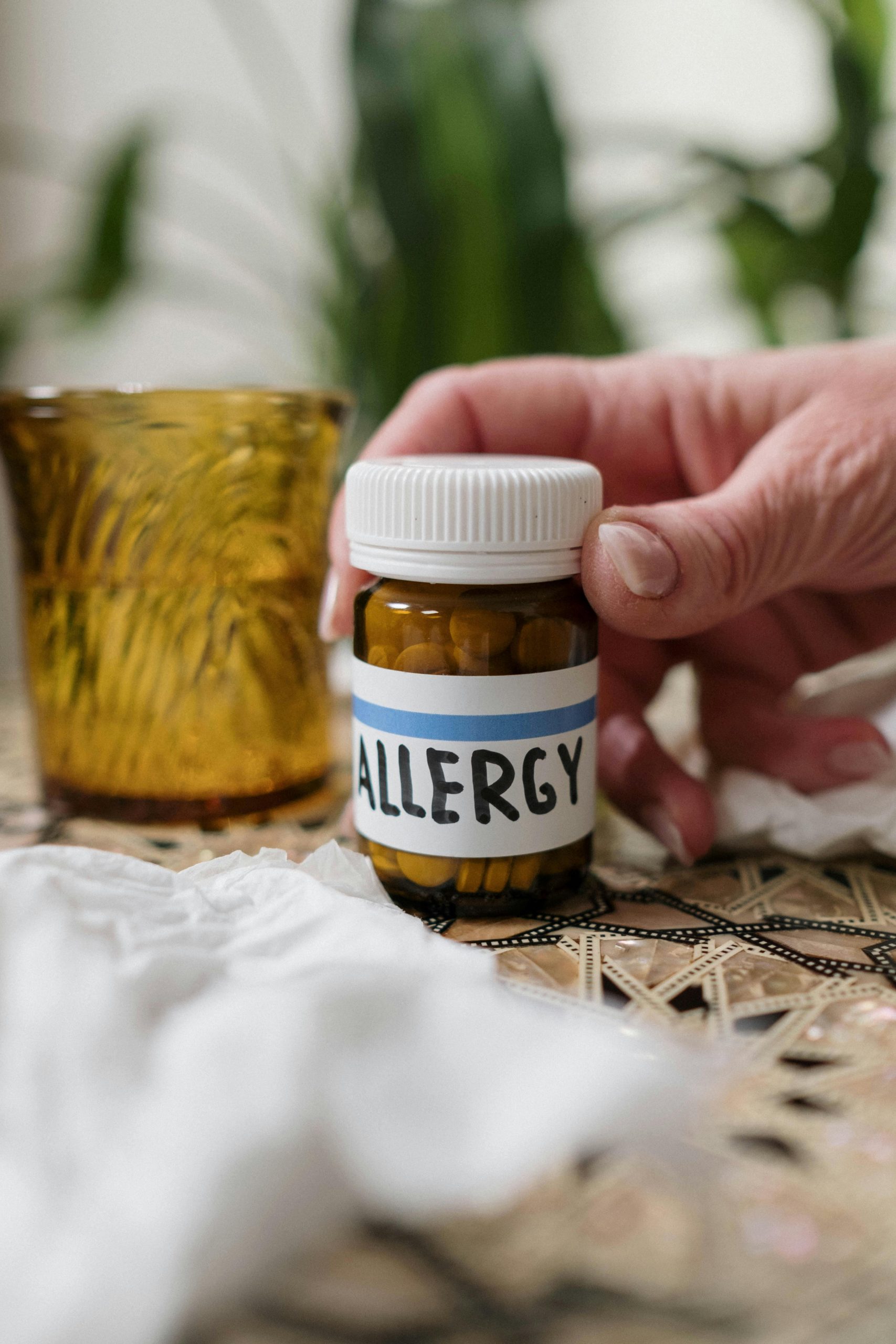As the seasons change, so do the allergens in the air—pollen, mold spores, and dust can trigger sneezing, congestion, and itchy eyes for millions of people. While over-the-counter medications can help, many prefer natural remedies to prevent seasonal allergies without side effects. By making simple lifestyle adjustments and incorporating natural solutions, you can reduce your symptoms and breathe easier all year round.
Understand Your Allergy Triggers
Before you can effectively prevent seasonal allergies, it’s important to know what triggers them. Common culprits include:
- Pollen: Trees, grasses, and weeds release pollen during different seasons.
- Mold: Thrives in damp environments, especially in fall and spring.
- Dust mites: More prevalent in humid conditions and can worsen indoor allergies.
Keeping track of when your symptoms flare up can help you identify your specific triggers. Many weather apps and allergy trackers provide pollen forecasts, allowing you to plan ahead.
Boost Your Immune System Naturally
A strong immune system can help your body fight off allergic reactions more effectively. Here are some natural ways to support immunity:
Eat a Balanced Diet
Certain foods can help reduce inflammation and strengthen your immune response. Focus on:
- Local honey: Contains trace amounts of local pollen, which may help desensitize your body.
- Probiotics: Found in yogurt, kefir, and fermented foods, they support gut health and immunity.
- Anti-inflammatory foods: Turmeric, ginger, and leafy greens can help reduce allergy symptoms.
Stay Hydrated
Drinking plenty of water keeps your mucous membranes moist, helping to flush out allergens. Herbal teas like peppermint or nettle tea may also provide relief.
Reduce Exposure to Allergens
Minimizing contact with allergens is one of the most effective ways to prevent symptoms. Try these strategies:
Keep Indoor Air Clean
- Use a HEPA air purifier to trap pollen and dust.
- Keep windows closed during high pollen days.
- Wash bedding weekly in hot water to eliminate dust mites.
Practice Good Hygiene
- Shower after spending time outdoors to rinse off pollen.
- Wear sunglasses to protect your eyes from airborne irritants.
- Change clothes when you come inside to avoid spreading allergens indoors.
Try Natural Remedies for Allergy Relief
Several natural remedies can help alleviate allergy symptoms without medication:
Nasal Irrigation
Using a neti pot with saline solution can flush out pollen and mucus, reducing congestion. Always use distilled or boiled water to avoid infections.
Essential Oils
Some essential oils, like eucalyptus and peppermint, have anti-inflammatory properties. Diffusing them or adding a few drops to a steam inhalation can help open nasal passages.
Quercetin Supplements
This natural flavonoid found in apples, onions, and berries acts as a natural antihistamine. Taking a supplement before allergy season may help reduce symptoms.
Manage Stress and Get Enough Sleep
Stress weakens the immune system, making allergy symptoms worse. Prioritizing relaxation and sleep can help your body cope better with allergens.
- Practice deep breathing exercises or yoga to reduce stress.
- Aim for 7-9 hours of sleep per night to support immune function.
- Consider meditation or mindfulness techniques to lower inflammation.
By adopting these natural strategies, you can minimize seasonal allergy symptoms and enjoy the changing seasons without relying solely on medication.
Seasonal allergies don’t have to control your life. By understanding your triggers, strengthening your immune system, reducing allergen exposure, and using natural remedies, you can breathe easier and enjoy the outdoors. Small, consistent changes can make a big difference in how your body responds to allergens. Start implementing these tips today and take back control of your health naturally.
